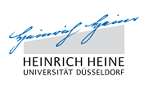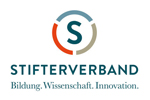Research in homogeneous and heterogeneous collaboration contexts is becoming increasingly important. Cooperative approaches offer great potential through the combination of competencies, perspectives, experiences, resources, and personalities. But there are also various obstacles to fruitful cooperation. As part of the DEKiF joint project, the determinants and effects of cooperation problems in homogeneous and heterogeneous research clusters are examined and proposals for solving cooperation problems are derived. The following questions are dealt with individually:
- What internal cooperation problems occur in research clusters?
- What causes of cooperation problems are traceable?
- What framework conditions influence the intensity of the cooperation problem?
- What solution routines do research clusters use to solve cooperation problems?
- What impact do cooperation problems have on the success and productivity of research clusters?
The study follows a mixed methods design: It consists of an explorative case study, a quantitative survey, bibliometric analyses, and in-depth case studies in various fields of study.
The DEKiF project is funded by the Federal Ministry of Education and Research (BMBF) until 2022. The implementation is carried out in cooperation with DZHW GmbH (research areas: Governance in Higher Education and Science and Research System and Science Dynamics), the University of Dusseldorf (Prof. Dr. Gerhard Vowe), and the Stifterverband für die Deutsche Wissenschaft (Dr. Mathias Winde).





